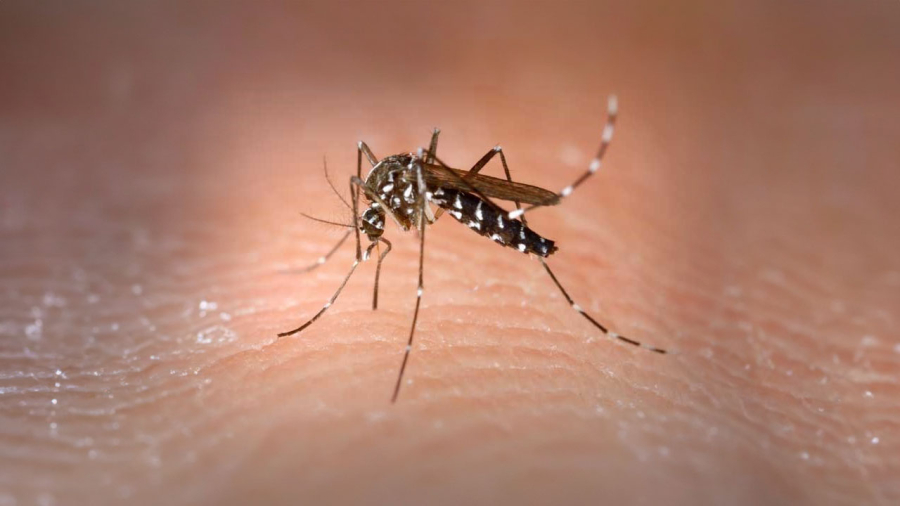Dengue Fever is a disease caused by the Dengue virus. This virus has 4 different serotypes, namely D1, D2, D3, and D4. We usually get infected after being bitten by a mosquito carrying the virus.
When infected with the Dengue virus, we should be aware of two scenarios:
In scenario 1, the first infection may be mild, meaning that the test shows positive for the disease but with mild symptoms, and the person recovers quickly without any serious manifestations. However, in subsequent infections, the patient can experience a more severe form of Dengue Fever caused by the same previously encountered virus strain, and it can be even more severe than the first infection.

In scenario 2, since there are 4 serotypes of the Dengue virus, each time someone gets infected, it can be caused by a different serotype. When infected with Dengue Fever, there is a high chance of reinfection because the body produces antibodies against the previous serotype of the virus, but these antibodies may not be effective against the other serotypes.
As a result, when infected with different serotypes, the body becomes weaker due to subsequent waves of more severe attacks.
Therefore, it is possible to get Dengue Fever 4 times, as the disease occurs annually and there are 4 different serotypes, with each infection caused by a different serotype of the virus.
How long does reinfection take?
As mentioned earlier, there are 4 serotypes of the Dengue virus and the disease follows an annual cycle. The time between reinfections with Dengue Fever is not clearly determined and depends on the serotype that someone has been infected with previously, as a person infected with one serotype can still get infected with another serotype.

When infected with Dengue Fever, the disease develops in 3 stages. In the first 2-3 days, the patient can have continuous high fever ranging from 39 to 40 degrees Celsius, accompanied by fatigue, body aches, headache, and other symptoms. Depending on the individual’s physical condition, some people may experience mild fever or no symptoms at all. From day 3 to day 7, the symptoms worsen and can become dangerous, such as a decreased platelet count, blood clotting issues, bleeding gums, bloody stool, red rashes due to bleeding under the skin, internal bleeding, and nausea. Without timely medical intervention, patients can die.
After this stage, the patient will gradually recover and the symptoms will disappear. The rashes will slowly disappear as well.
Dengue Fever is a dangerous disease, so we must not be complacent and assume that once we have been infected, we are immune to the disease. To prevent Dengue Fever, each family should pay attention to eliminate stagnant water, avoid water accumulation in containers, use disinfectants, and use mosquito nets, especially in areas with a high mosquito population.
Inside the house, we should avoid situations where water accumulates in containers and there are many damp houseplants. It is advisable to eliminate dense and overcrowded areas of houseplants to protect our health.
Analyzing Distinctions Between Covid-19 and Seasonal Flu Respiratory Illnesses
Have you been feeling under the weather lately? It might be difficult to tell whether it’s Covid-19 or flu symptoms you are experiencing. Fortunately, there are a few identifying factors that can help us differentiate between these illnesses. In this article, we’ll discuss the key differences between Covid-19 and seasonal flu.





































